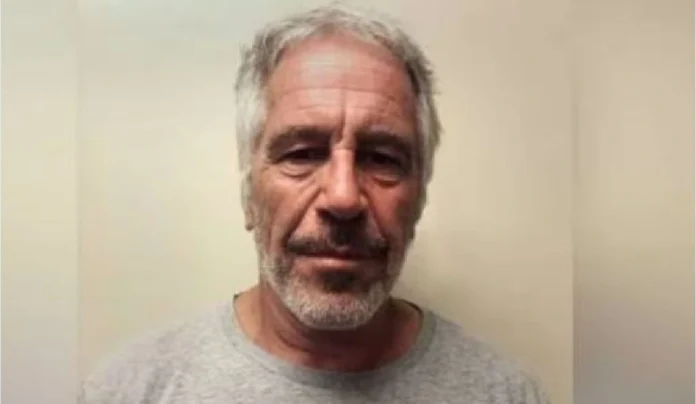By Kenneth Tiven
Unquestionably, President Donald Trump believes he possesses political magic. But unlike Indian magician Jadugar Anand, he can’t make his friendship with convicted sex trafficker Jeffrey Epstein disappear. Yet just as Jadugar Anand could make an elephant vanish and return on stage, facts are reappearing in this made-for-TV political thriller. Trump has known for months that his name appears multiple times in the Epstein files.
Earlier this month, the Justice Department abruptly concluded there was no basis to continue the Epstein investigation—setting off a firestorm. For Trump’s fervent MAGA base, it confirmed their worst suspicions of a cover-up orchestrated by the “deep state”. Rather than relief, the Department of Justice’s (DOJ) closure triggered fury from voters who had long awaited a public reckoning of Epstein’s powerful connections.
It casts a new light on what Trump and Attorney General Pam Bondi were trying to do in announcing the case closed while the July 3 military parade was taking place. “It’s not the crime, but the cover up that fails and exposes reality” that may apply here. Trump’s support base sees a cover-up of Epstein’s crimes and high-level connections as evidence of the so called “deep state” at work.
The Epstein case was central to Trump’s narrative of moral revival and institutional cleansing. On the campaign trail, he vowed transparency in unmasking “deep state” figures like Epstein—allegedly tied to Democratic elites and grotesque Caribbean sex parties. But now, Trump’s own image risks collapse under the weight of the very conspiracy he once promised to expose.
Three of Trump’s closest surrogates—Pam Bondi, Don Bongino and Kash Patel—campaigned on vows to unveil Epstein’s secrets. Bondi now leads the Justice Department. Patel and Bongino, despite meagre law enforcement experience, were elevated to top FBI roles. Their credentials mattered less than their loyalty.
So when Bondi’s DOJ said, “no case,” MAGA’s “wait a minute” moment was immediate. Tucker Carlson, no stranger to Trumpian spin, broke ranks: “Why are they doing that?” he asked. “If Trump were on those tapes, Biden’s DOJ would’ve leaked it years ago.”
Then came the shocker. The Wall Street Journal, a publication under the same Murdoch umbrella as Trump-loyal Fox News, published a stunning revelation: a birthday letter Trump wrote to Epstein on his 50th birthday. Described as eerily affectionate and juvenile—“like a middle school yearbook signed at Predator Prom”—it ended with the chilling phrase: “another wonderful secret”. The Journal gave Trump two days to comment. He called it “fake news”.
Desperate to shift the narrative, the Trump administration tried to deflect. Tulsi Gabbard, now heading intelligence operations, publicly accused Barack Obama of fabricating Russian interference claims in 2016. Trump upped the ante: “The leader of the gang was President Obama… this was treason.”
Still, the Epstein story wouldn’t go away. With social media vitriol erupting from MAGA voters, the administration floated the idea of having Ghislaine Maxwell testify before Congress. Simultaneously, it released sealed FBI files on Dr Martin Luther King Jr, against the wishes of King’s family—another attempted deflection using old, discredited smears.
Judges reminded the DOJ that grand jury transcripts in the Epstein case remain sealed. But Republican House Speaker Mike Johnson abruptly adjourned Congress for summer to avoid votes on subpoenas. A key subcommittee, however, broke ranks—two Republicans joined Democrats to demand documents from the DOJ.
Online, satire turned scathing. “Don’t look at his poll numbers, sinking like a MAGA yacht made of expired hydroxychloroquine,” one viral commentator quipped. “Don’t look at the Epstein letter, a festering jar of verbal syphilis… panic about Joe Biden’s autopen.”
Then came the surreal cherry on top: Trump suggested renaming the Kennedy Center’s Opera House after Melania, citing her “love of opera”. Of course, he had appointed himself head of the Center’s board earlier this year.
In classic Trump style, distraction is the strategy. But the Epstein narrative may prove too sordid to spin. Democrats, long flailing for a message that breaks through, may now have found one—ironically, in the one story that Trump once claimed for his own moral crusade.
The files will tell the story of Jeffrey Epstein. The question is, where does Trump fit in?
—The writer has worked in senior positions at The Washington Post, NBC, ABC and CNN and also consults for several Indian channels


